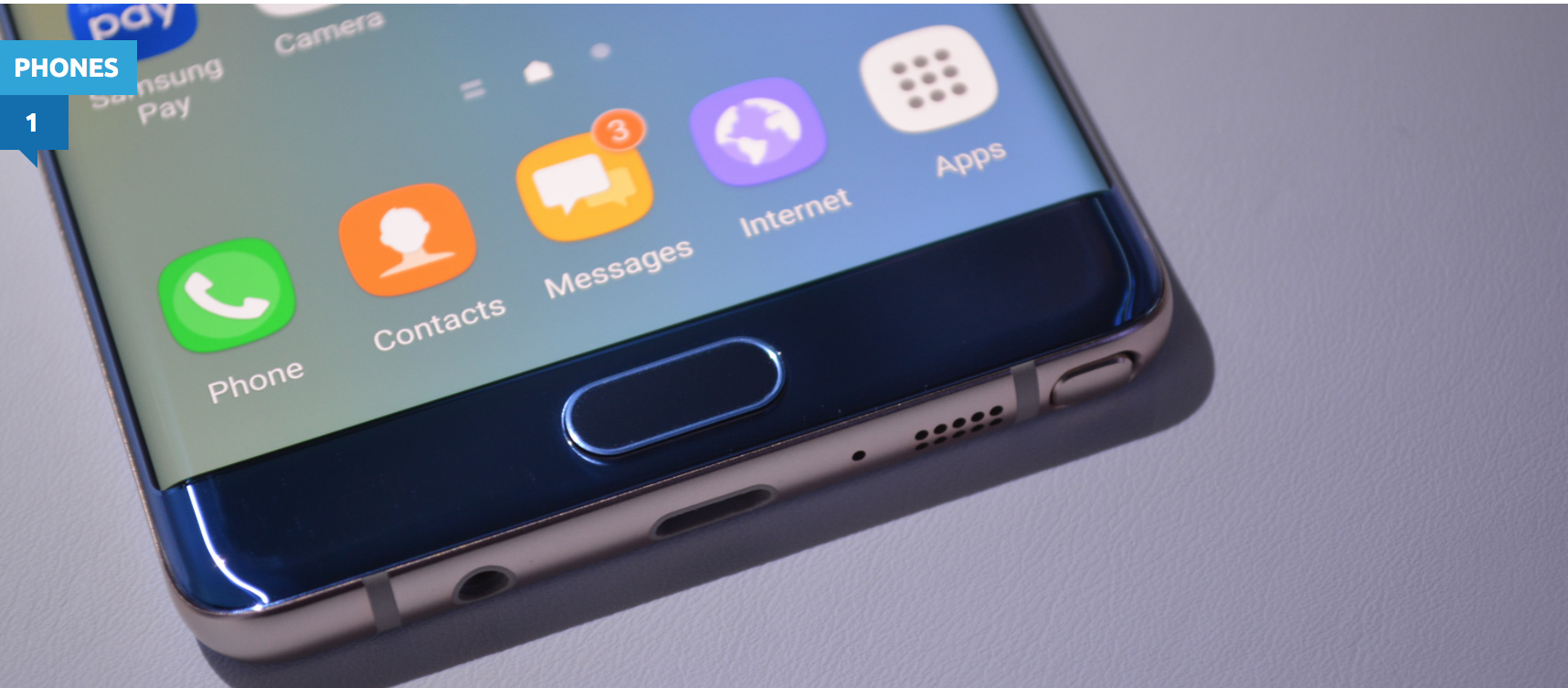Samsung has finally completed a very long and demanding investigation of its Note 7 phablets, which it had to withdraw from sale last year due to faulty batteries. The fault was a faulty design that caused a short circuit, excessively high voltage and, consequently, the ignition of the very reactive lithium.
In order not to repeat the whole case again in the future and not to affect its sales this year, it must be more thorough in the control of batteries, which Samsung itself confirmed and introduced a new eight-point control system. This will apply to all of its products that use lithium particles.
A phone whose battery does not pass the test will never leave the production line:
Resistance test (high temperatures, mechanical damage, dangerous charging)
Visual inspection
X-ray check
Charge and discharge test
TVOC test (control of leakage of volatile organic substances)
Checking the inside of the battery (of her circuits, etc.)
Simulation of normal use (accelerated test simulating normal battery use)
Checking the change in electrical characteristics (batteries must have the same parameters during the entire production process)
Among other things, Samsung has created a so-called battery advisory board. Among the members of this corps will be, for the most part, scientists from universities ranging from Stanford University to Cambridge and Berkeley.
